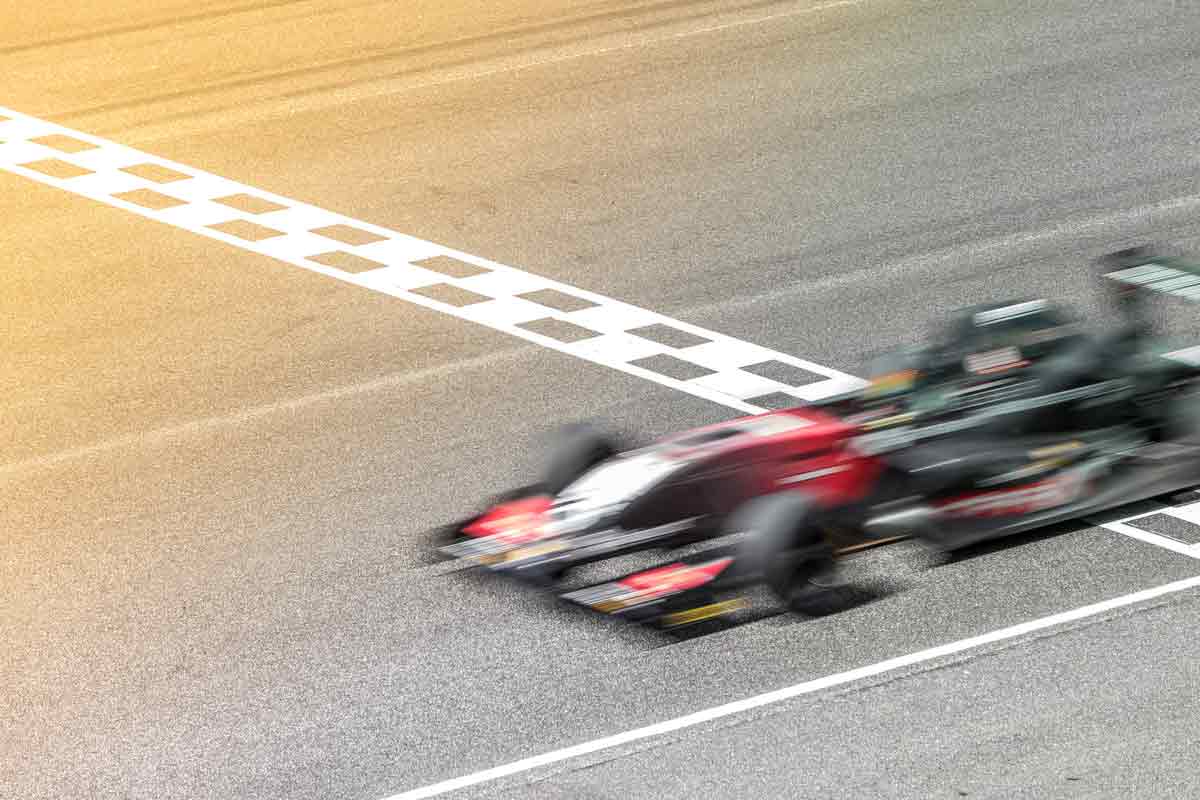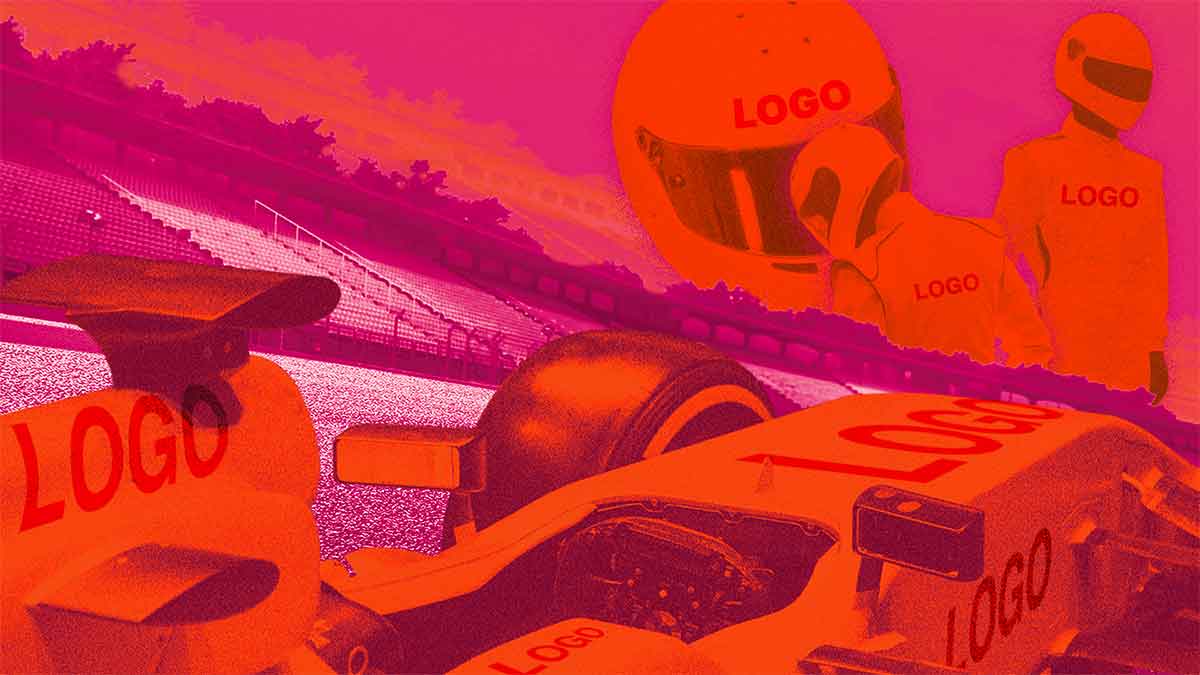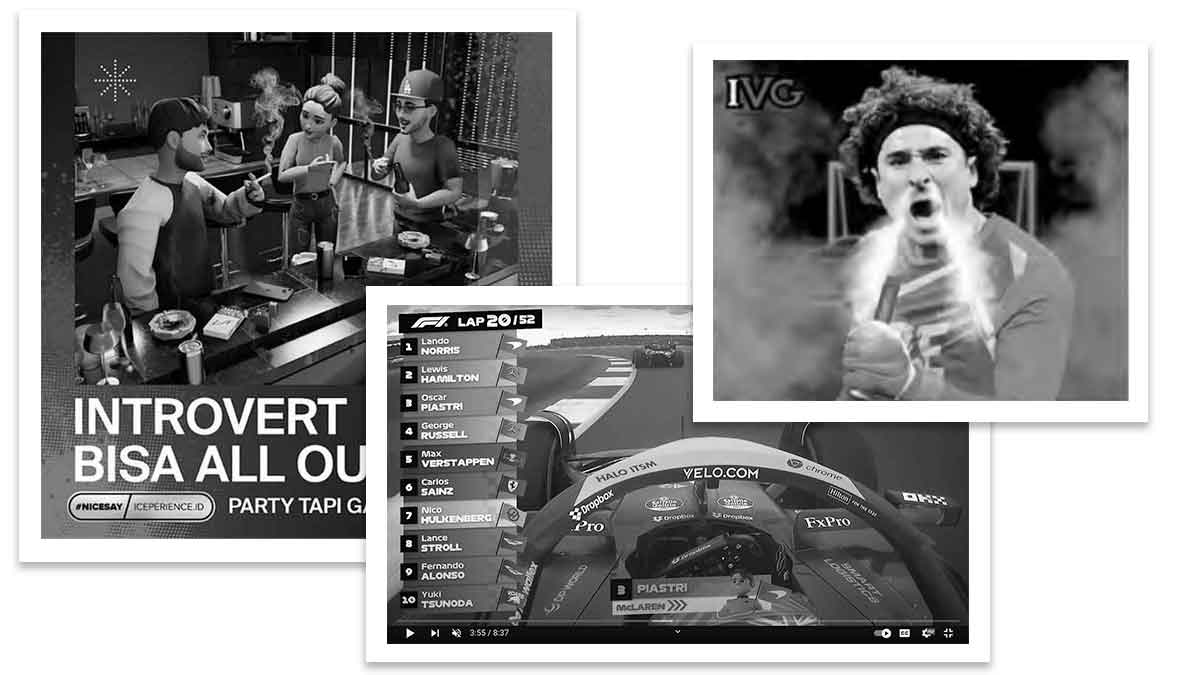- Resources
- News
-
-
Now Accepting Grant Funding Applications
Ready to tackle industry interference? Apply by February 25.
-
Get Email Updates
Sign up for STOP's emails and never miss an update on our latest work and the tobacco industry's activity.
-
Share a Tip
Do you have information on tobacco industry misconduct in your country? Let us know.
-
Now Accepting Grant Funding Applications
Industry Marketing
December 07, 2021

As the 2021 season draws to a close, controversy around host countries and sponsors linked to harm and death continues to surround the sport of Formula 1.
In 2020, we sounded the alarm. STOP’s Driving Addiction: F1 and Tobacco Advertising report confirmed that tobacco company sponsorship in Formula 1 had risen dramatically. In 2018, Philip Morris International (PMI) was the sole tobacco sponsor, spending an estimated US $50 million. By 2019, PMI increased its spend and British American Tobacco (BAT) rejoined the sport, bringing overall tobacco industry spending to an estimated US $100 million. This was a concerning discovery: Tobacco company spending had been trending downward since F1 recommended a ban on tobacco advertising in the sport in 2006. The report also highlighted the young and growing fan base F1 was cultivating, who were being exposed to this increased tobacco industry messaging and product advertising. With races broadcast globally, this can circumvent local laws banning tobacco sponsorship or advertising. Health advocates called for the Fédération Internationale de l’Automobile (FIA), the sport’s governing body, to put an end to this problem, but it did nothing.
In 2021, STOP’s second report, Driving Addiction: Tobacco Sponsorship in Formula One, suggested the uptick had become a troubling trend. Tobacco sponsorship of F1 teams was projected to reach an estimated US $105 million in 2021. F1 also seemed to be putting even more effort into growing the sport’s young audiences through social media and E-sports. This meant increased tobacco company brand and product exposure could reach even more young people. And still, the FIA lets tobacco industry sponsorship continue unabated.
An opportunity for positive change could be around the corner in 2022. On December 17, 2021, a new president of the FIA will be elected, replacing current president Jean Todt, an ex-Ferrari executive under whose leadership the FIA has failed to enact any meaningful change to protect the sport’s young fans from tobacco company messaging.
The two candidates to replace Todt are Graham Stoker and Mohammed Ben Sulayem. Will they protect the sport’s future and global health by finally bringing F1 up to speed with the majority of global sports and fully ban tobacco sponsorship?
Ignore the problem, and the risks become greater
The current FIA leadership has heard STOP’s and civil society groups’ calls to action, but has ignored them. More than 100 civil society groups signed an open letter to Todt calling for change. The letter expressed concern that F1 had once again become a reliable conduit for the tobacco industry to reach young people around the world. Todt responded by skirting responsibility for the influx of tobacco cash in the sport. And when International Youth Tobacco Control published another open letter calling for an end to tobacco sponsorship in F1 on behalf of young people around the world—the very audience tobacco companies often target to recruit new customers for their deadly and addictive products—Todt again acted as if he were powerless to enact change, shifting responsibility to individual countries instead.
But ignoring the problem won’t make it go away. On the contrary, the more tobacco companies are allowed to increase their spending and brandish their logos on F1 cars and livery, the more potential exposure F1’s growing young fanbase may face. Currently, PMI uses its F1 sponsorship to advertise its “Mission Winnow” corporate slogan, whose trademark is registered for use with cigarettes in some markets, and BAT blatantly advertises its e-cigarette product and nicotine pouches on McLaren cars and livery. Research suggests that this type of exposure can lead to more favorable perceptions of these harmful companies among youth, which can increase smoking rates. Given F1’s global reach, the threat to public health around the world is significant.
Associating with the tobacco industry can pose a serious reputational risk for F1, as well, when the sport is already being criticized for its harmful environmental impact and for enabling sportswashing by countries with questionable records on human rights. Historically, the industry has proven to be deceitful. To protect their profits, tobacco companies knowingly misled the public about the dangers of smoking and continue to fund and promote misinformation through organizations such as the PMI-funded Foundation for a Smoke-Free World.
Solve the problem, and become known as a leader for positive change
The candidates vying to replace Todt have an opportunity to do better. Whoever wins can decide to reject the sport’s cozy relationship with Big Tobacco that effectively puts F1 into reverse, and instead accelerate the sport towards a better, more responsible future without Big Tobacco.
The world is watching: International Youth Tobacco Control, alongside youth groups from across the world, have sent letters to the two candidates stating their concerns and asking if they plan to take action. Other civil society groups and public health figures stand ready to celebrate an FIA leader who finally takes the necessary steps to protect F1’s young fans and end tobacco sponsorship in the sport for good.
It’s time the candidates addressed the growing controversy surrounding F1’s activities and sponsors, so those casting their votes on December 17th know which candidate has the courage and vision to put the sport onto more sustainable footing.


